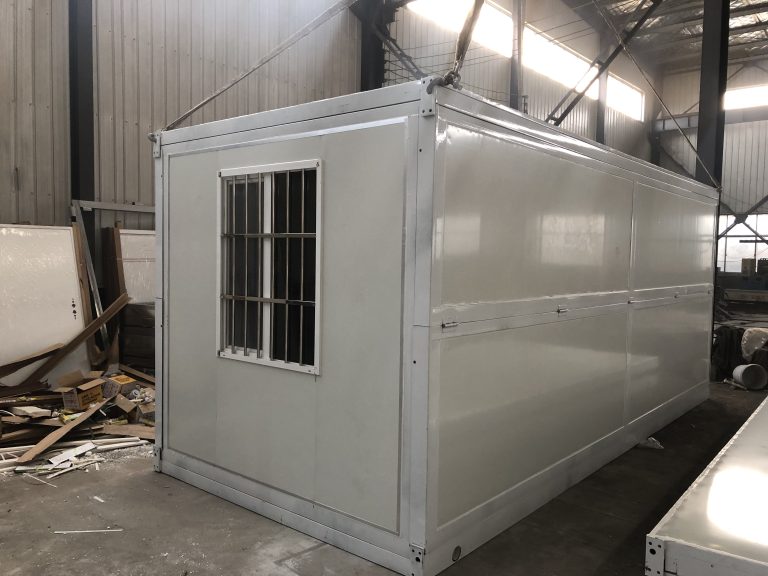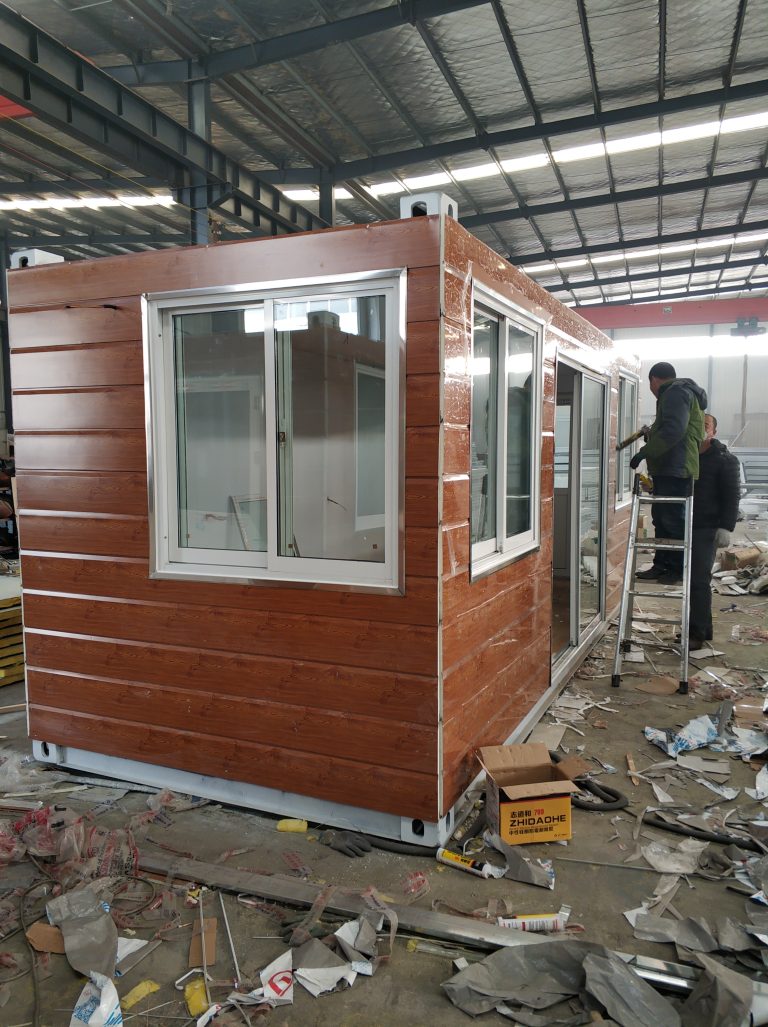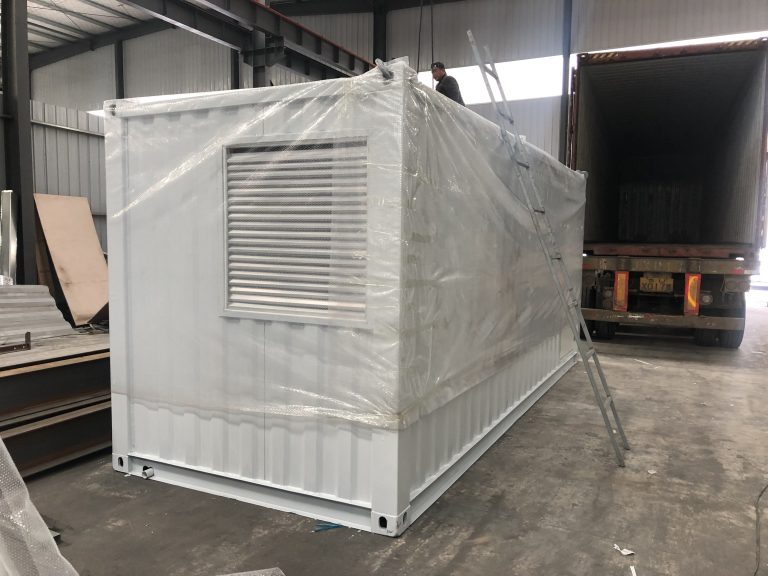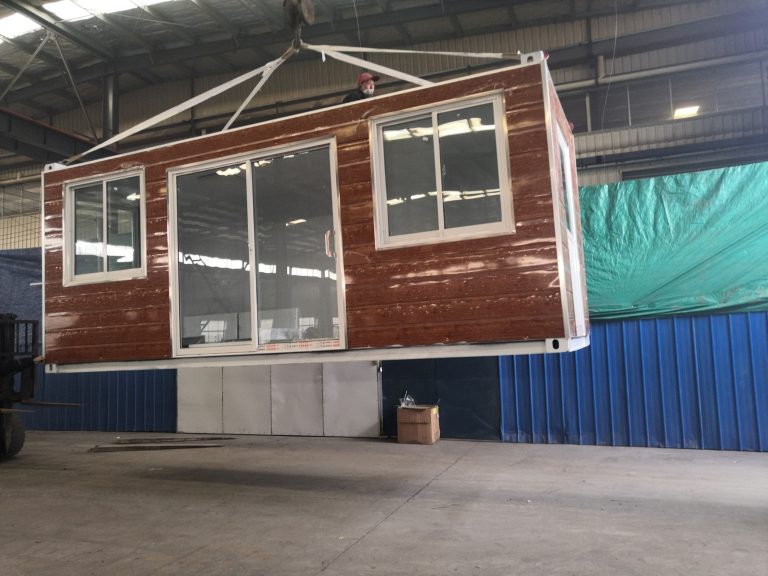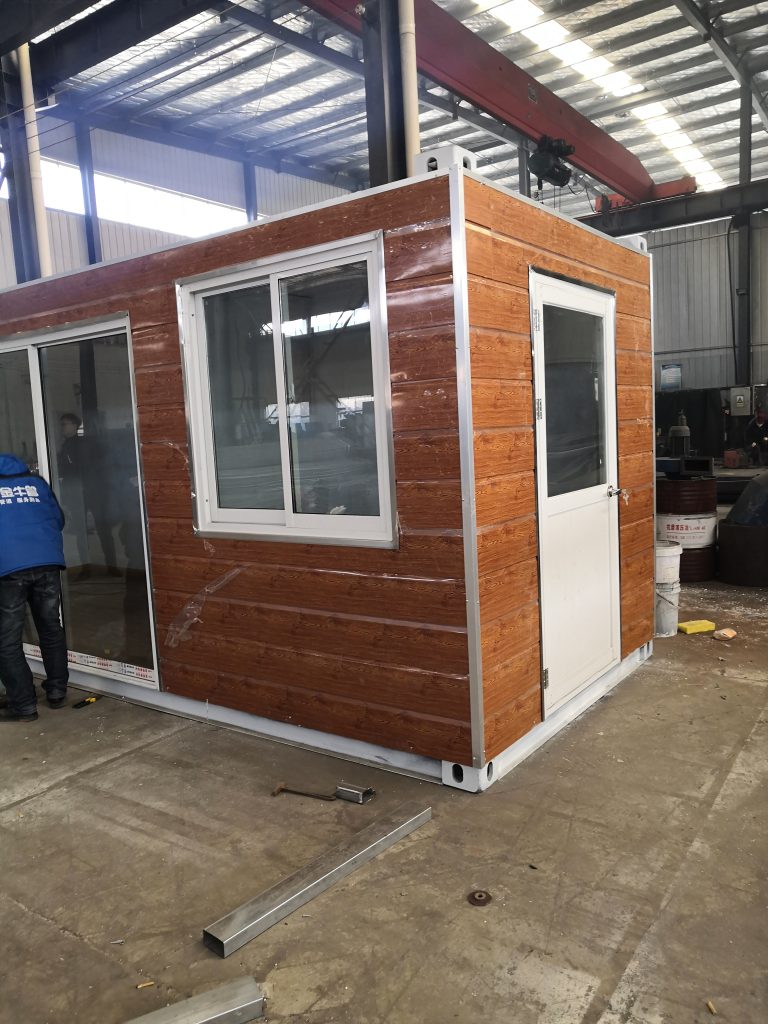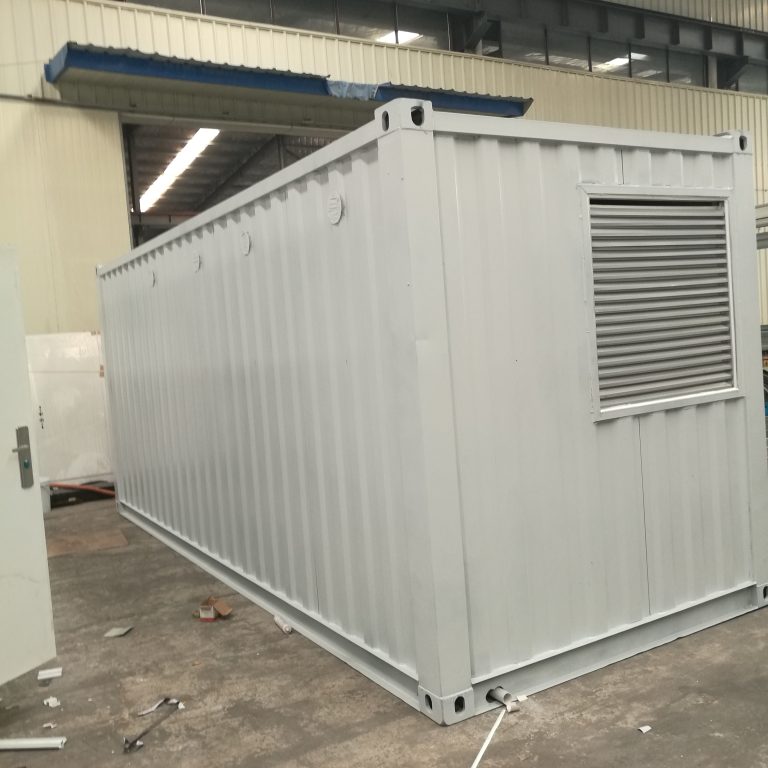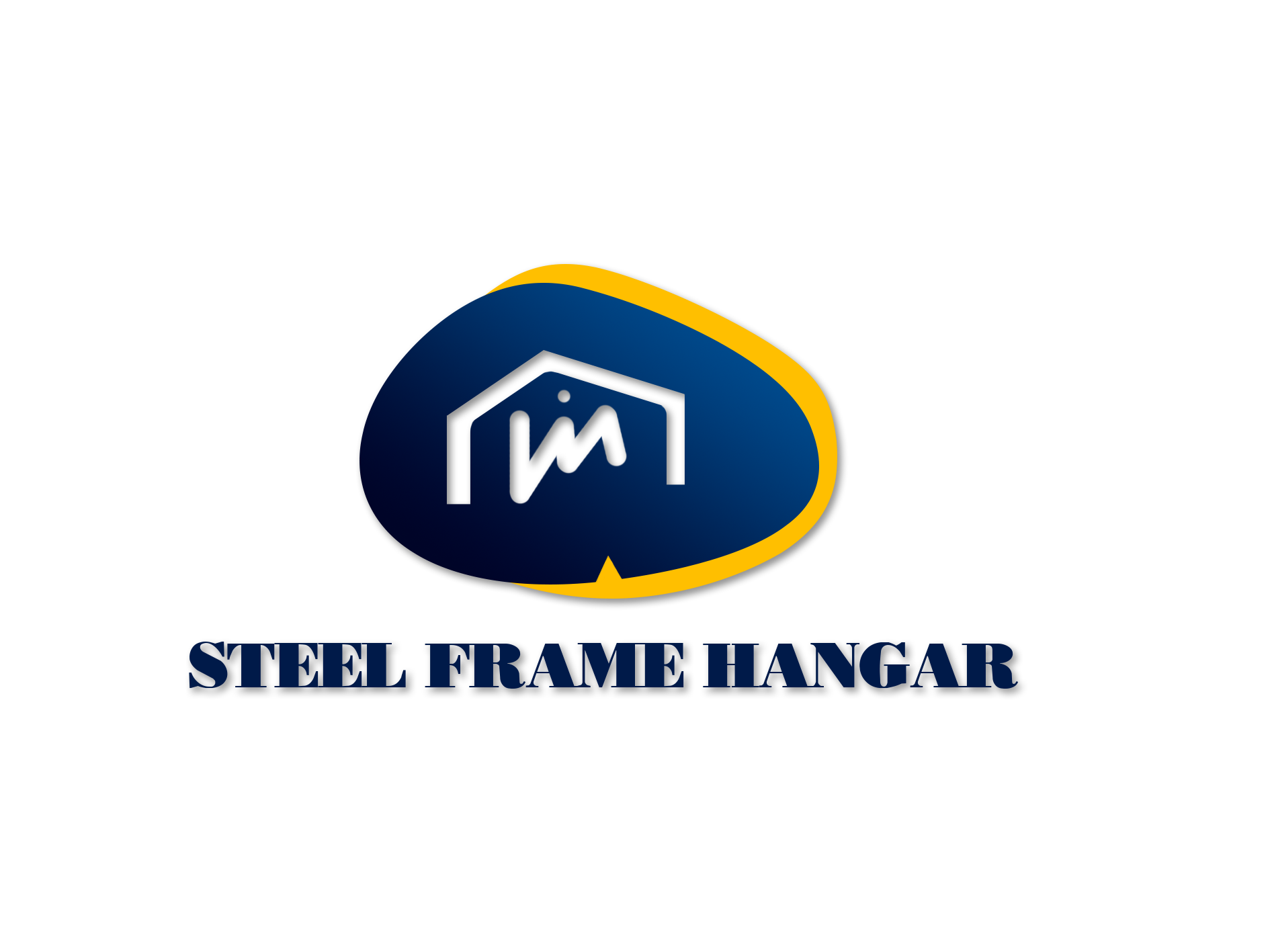Intelligent manufacturing technology of steel structure and Industry 4.0
Inhoudsopgave
Benefits of Implementing Intelligent Manufacturing Technology in Steel Structure Industry
Intelligent manufacturing technology has revolutionized the steel structure industry, bringing about significant advancements in efficiency, productivity, and quality. With the rise of Industry 4.0, manufacturers are increasingly turning to smart technologies to streamline their operations and stay competitive in the global market.
One of the key benefits of implementing intelligent manufacturing technology in the steel structure industry is the ability to optimize production processes. By leveraging automation, robotics, and data analytics, manufacturers can improve the speed and accuracy of their manufacturing processes, leading to higher throughput and reduced lead times. This not only allows companies to meet customer demands more effectively but also enables them to reduce costs and increase profitability.
Furthermore, intelligent manufacturing technology enables manufacturers to enhance the quality of their products. By utilizing advanced sensors and monitoring systems, companies can detect defects and deviations in real-time, allowing for immediate corrective action. This results in higher-quality products that meet or exceed industry standards, ultimately enhancing customer satisfaction and loyalty.
Another significant benefit of intelligent manufacturing technology is the ability to improve workplace safety. By automating repetitive and hazardous tasks, manufacturers can reduce the risk of accidents and injuries, creating a safer working environment for employees. Additionally, smart technologies can provide real-time monitoring of equipment and processes, allowing for proactive maintenance and minimizing the likelihood of equipment failures.
Moreover, intelligent manufacturing technology enables manufacturers to achieve greater sustainability in their operations. By optimizing energy usage, reducing waste, and minimizing environmental impact, companies can lower their carbon footprint and contribute to a more sustainable future. This not only benefits the environment but also enhances the company’s reputation and appeal to environmentally conscious consumers.
In addition to these benefits, intelligent manufacturing technology also offers opportunities for innovation and growth. By embracing digitalization and connectivity, manufacturers can unlock new possibilities for product development, customization, and market expansion. This allows companies to stay ahead of the competition and adapt to changing market trends and customer preferences.
Overall, the implementation of intelligent manufacturing technology in the steel structure industry brings about numerous benefits that can transform the way companies operate and compete in the global market. By optimizing production processes, improving product quality, enhancing workplace safety, achieving sustainability, and fostering innovation, manufacturers can position themselves for long-term success and growth.
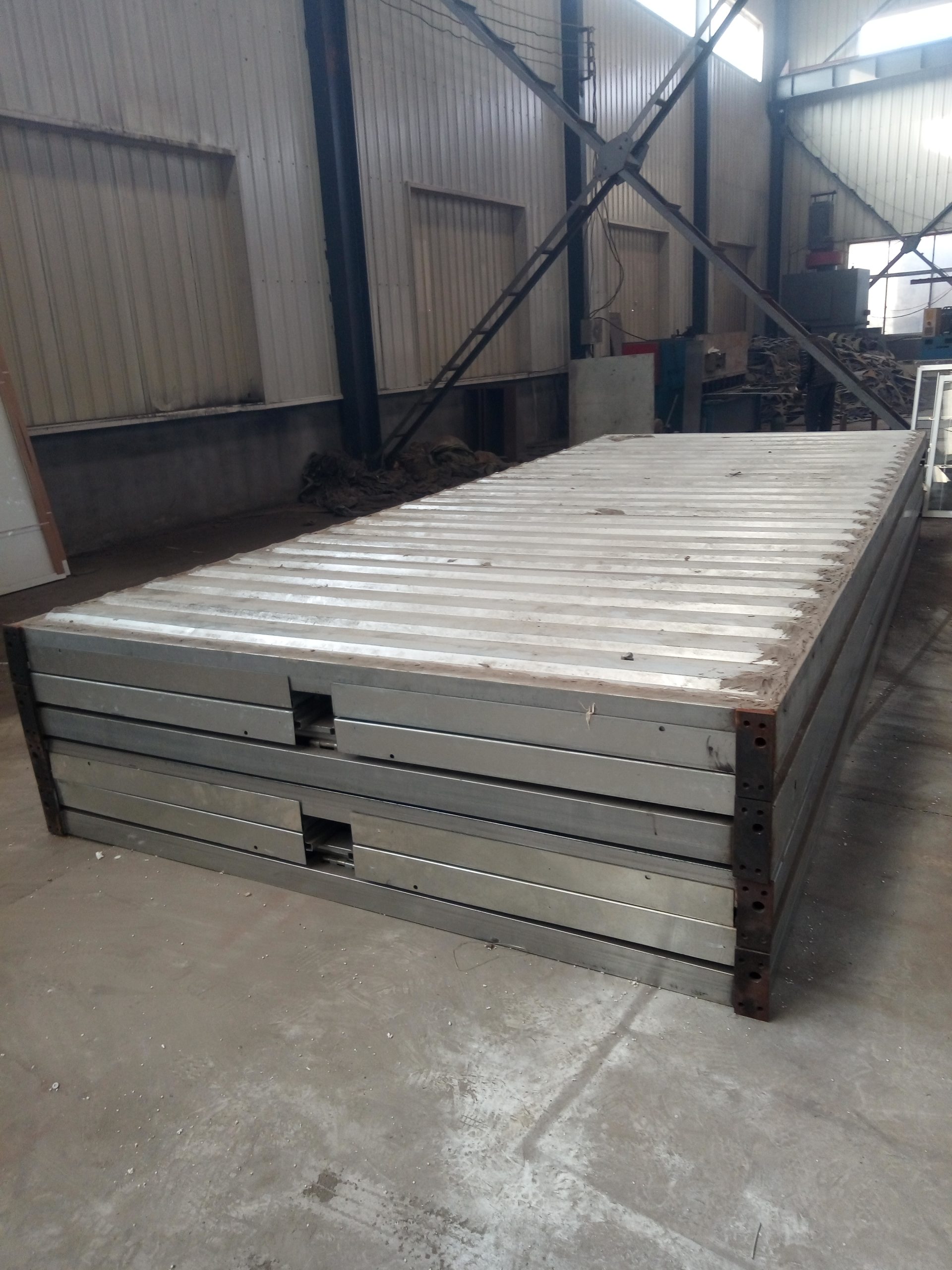
As Industry 4.0 continues to evolve, it is essential for companies in the steel structure industry to embrace intelligent manufacturing technology and leverage its benefits to stay ahead of the curve. By investing in smart technologies and embracing digital transformation, manufacturers can unlock new opportunities for efficiency, productivity, and competitiveness, ultimately driving success in the modern manufacturing landscape.
How Industry 4.0 is Revolutionizing the Steel Structure Manufacturing Process
In recent years, the manufacturing industry has undergone a significant transformation with the advent of Industry 4.0. This fourth industrial revolution has brought about a wave of technological advancements that are revolutionizing the way products are designed, produced, and distributed. One sector that has been particularly impacted by Industry 4.0 is the steel structure manufacturing industry.
Intelligent manufacturing technology has become increasingly prevalent in the steel structure manufacturing process, leading to greater efficiency, precision, and cost-effectiveness. One of the key technologies driving this transformation is the use of advanced robotics and automation systems. These systems are capable of performing a wide range of tasks, from cutting and welding steel beams to assembling complex structures with a level of speed and accuracy that far surpasses what human workers are capable of.
Another important aspect of intelligent manufacturing technology in the steel structure industry is the use of data analytics and artificial intelligence. By collecting and analyzing vast amounts of data from sensors and other sources, manufacturers are able to optimize their production processes, identify potential issues before they arise, and make informed decisions that lead to improved quality and productivity. Artificial intelligence algorithms can also be used to predict maintenance needs, optimize energy consumption, and even design new steel structures based on specific requirements.
Furthermore, the integration of Internet of Things (IoT) devices into the manufacturing process has enabled real-time monitoring and control of equipment and processes. This connectivity allows manufacturers to remotely monitor the status of their production lines, identify bottlenecks or inefficiencies, and make adjustments as needed to ensure smooth operations. IoT devices can also be used to track the location and condition of raw materials and finished products, providing valuable insights into the supply chain and enabling better inventory management.
In addition to these technological advancements, Industry 4.0 has also brought about changes in the way steel structures are designed and fabricated. Computer-aided design (CAD) software and Building Information Modeling (BIM) tools have made it easier for engineers and architects to create complex and innovative designs that can be translated directly into manufacturing instructions. This seamless integration between design and production has led to faster turnaround times, reduced errors, and greater flexibility in meeting customer demands.
Overall, the intelligent manufacturing technology of steel structures in the era of Industry 4.0 represents a significant leap forward in terms of efficiency, quality, and sustainability. By harnessing the power of robotics, artificial intelligence, data analytics, and IoT devices, manufacturers are able to produce steel structures that are stronger, lighter, and more cost-effective than ever before. This technological revolution is not only reshaping the steel structure industry but also setting the stage for a new era of smart manufacturing that promises to transform industries across the board.

